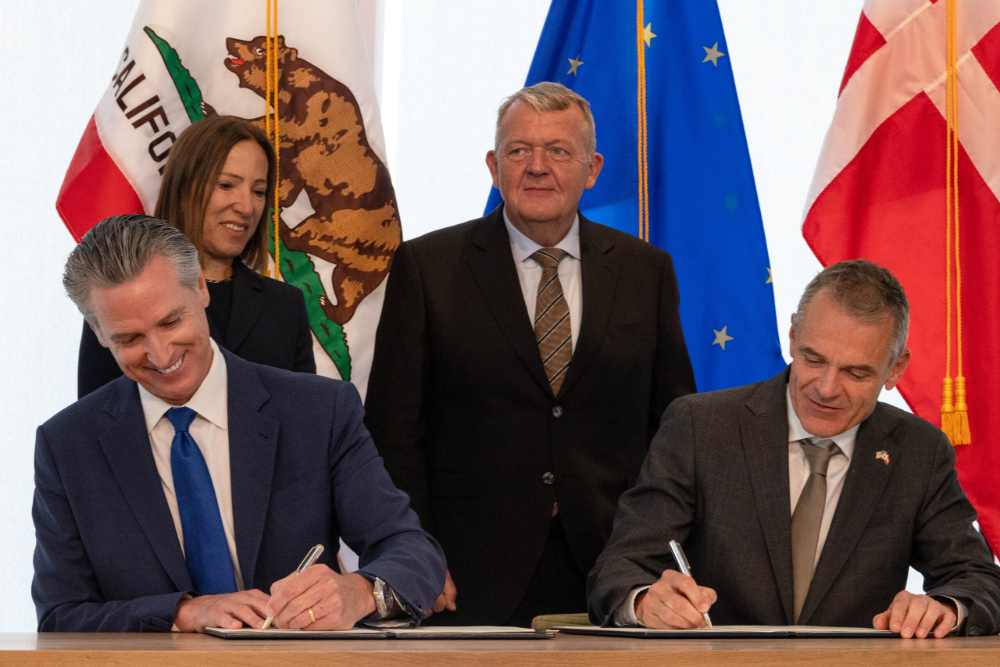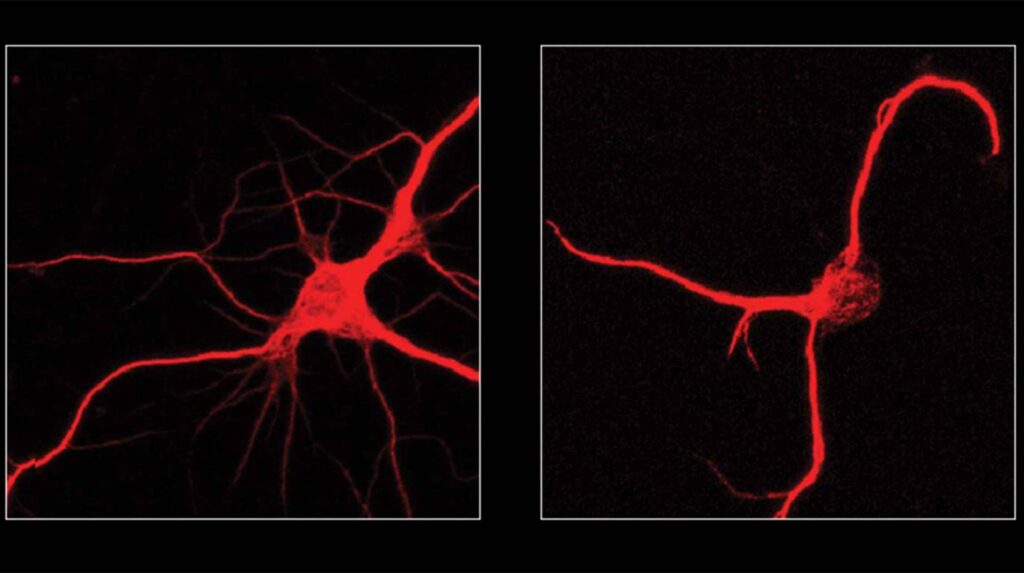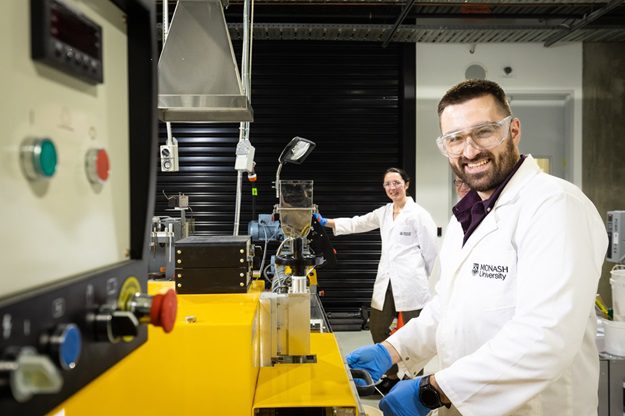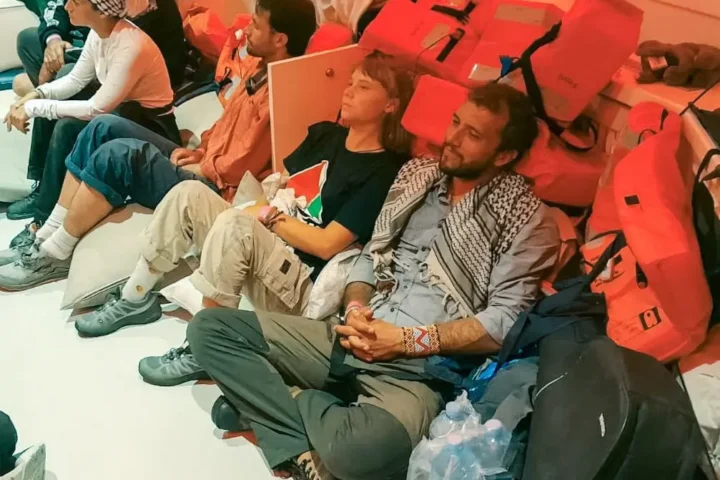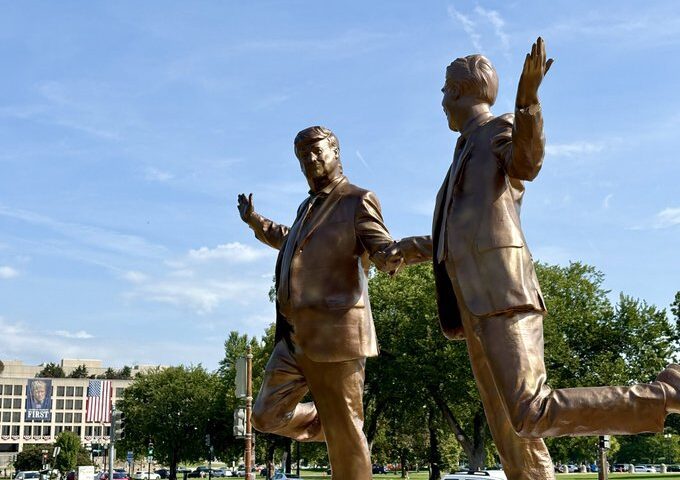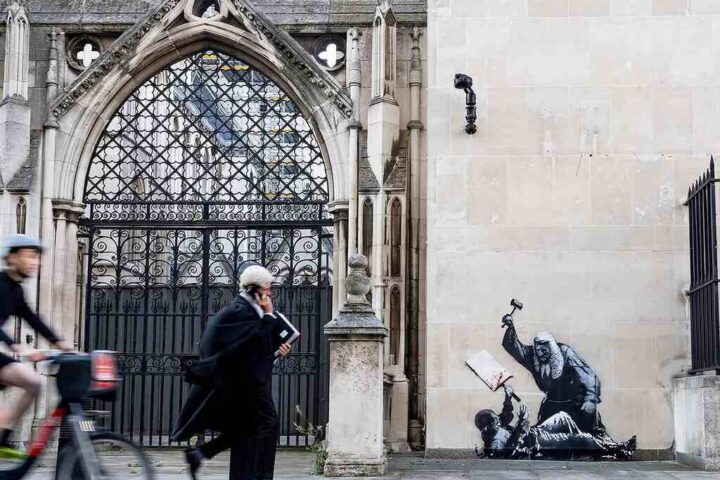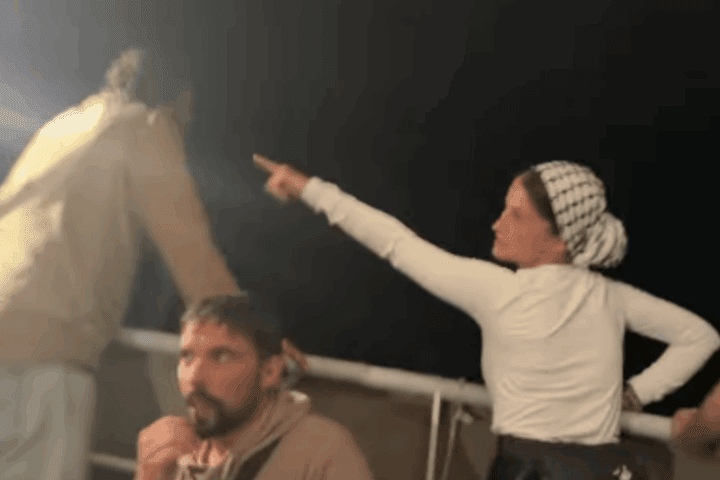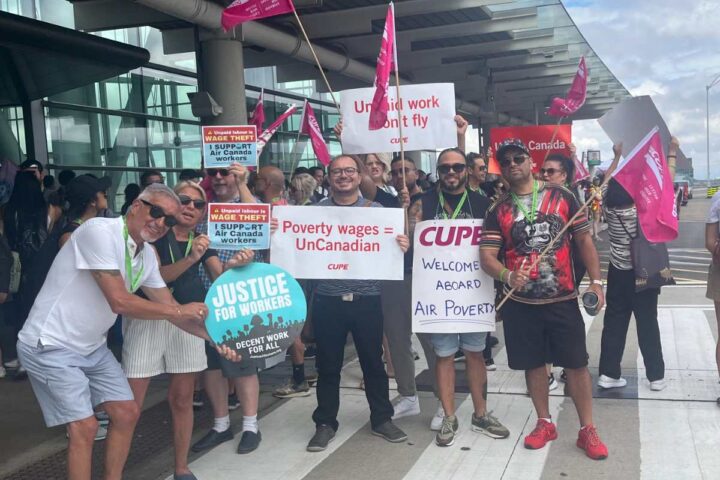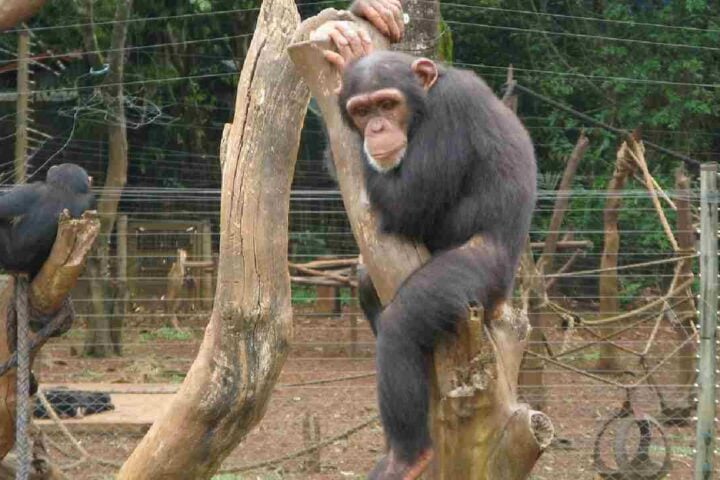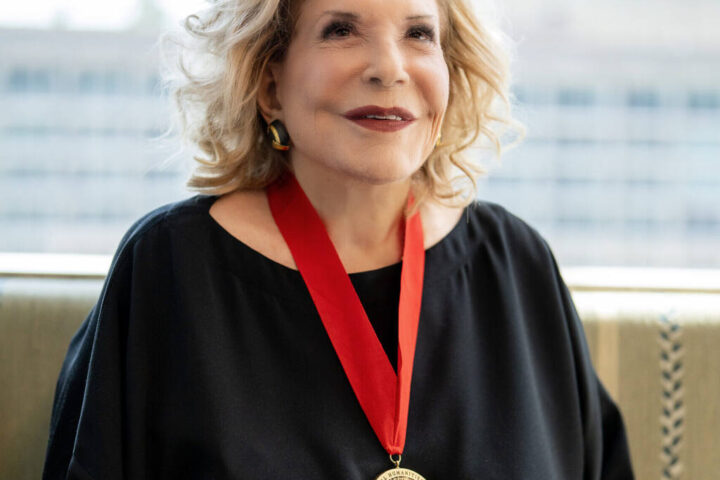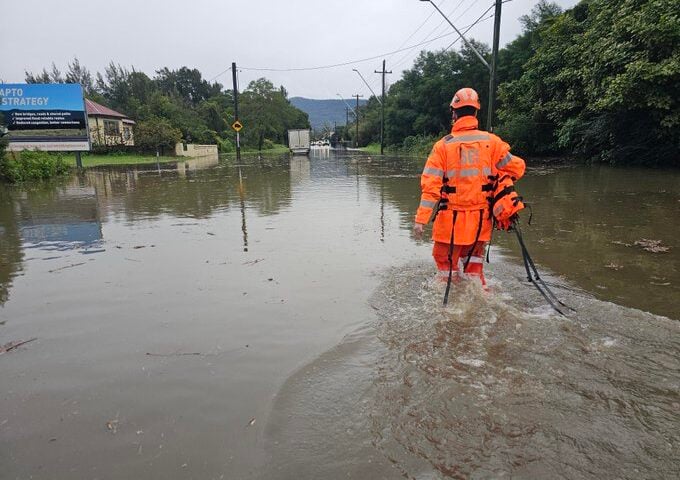Seven years after going public in 2018, Richard Boyle walked out of court without a conviction. He has said he is “broken, physically, mentally and financially.”
The Long Road to Justice
Boyle received a 12-month good behaviour bond with no conviction recorded after pleading guilty to four charges in May 2025: disclosing protected information, making a record of protected information, using a listening device to record a private conversation, and recording another person’s tax file number.
The case began in 2017 when Boyle, then working at the Australian Taxation Office (ATO), made internal complaints about excessive garnishee notices—a debt collection method allowing the ATO to directly collect money from taxpayers’ bank accounts. After raising concerns internally and with the Tax Ombudsman/Inspector-General of Taxation, Boyle went public via ABC’s Four Corners in 2018.
The response was swift and severe. Australian Federal Police executed search warrants in 2018; prosecutors originally filed dozens of charges (reported as 66) with a very large theoretical maximum sentence, and after plea negotiations the matters were narrowed to the four charges Boyle admitted to.
When Protection Laws Fail Their Purpose
Boyle’s case represented one of the first major judicial tests of the Public Interest Disclosure Act 2013, legislation meant to shield whistleblowers from prosecution when exposing wrongdoing in the public interest. Courts ruled preparatory actions—such as covert recordings or photographing documents—were not protected by the PID Act’s immunity, creating a devastating legal gap that leaves whistleblowers vulnerable.
Boyle reached a plea deal earlier this year to avoid prison time after losing a whistleblowing defence at the Court of Appeal, which adopted a narrow approach to the immunity available under whistleblowing laws.
In sentencing remarks, the judge cited a forensic psychologist’s opinion that Boyle’s actions “appear to have been driven by a rigid internal moral code” and a “deep-seated compulsion to protect individuals.”
“National Hero” or Criminal?
Former Senator Rex Patrick, who established the Whistleblower Justice Fund to support Boyle, called him a “superhero” whose actions benefited ordinary Australians. Patrick emphasized that “Richard Boyle is a hero. He called out egregious, harmful practices by the Tax Office and in doing so ended them. As he prepared his public interest disclosure he took a photograph, hit a record button and sent an encrypted email to his lawyer, assuming he would be protected as a whistleblower – but it turns out he was wrong. There was no malice involved, and, on balance, only good has come from it, except to Richard and his family.”
Patrick noted that “Richard Boyle has walked from the Court after eight years of hell with no convictions. It is a small win in an otherwise unjust prosecution.”
Senator David Pocock, with Jacqui Lambie, has introduced a bill to establish a Whistleblower Protection Authority, arguing current laws fail whistleblowers.
Independent MP Andrew Wilkie described Australia’s whistleblower laws as “weak” and in desperate need of overhaul, while also calling for better protection for journalists who report whistleblower disclosures.
Kieran Pender from the Human Rights Law Centre warned that prosecuting whistleblowers has a “chilling effect on truth and transparency,” discouraging others from speaking up. Pender described the sentencing as concluding “a sorry saga that has been devastating for Richard Boyle and undermined Australian democracy.”
“While the no-conviction sentence is a small ray of light, this never should have happened. Richard Boyle made the brave decision to speak up when he witnessed wrongdoing, for years he has faced prosecution and punishment,” Pender said.
The Personal Price of Truth
Boyle has testified to complex PTSD; the judge referenced his compromised mental health. He left the ATO and faced years of litigation. He has said he is “broken… financially.”
The Human Rights Law Centre, which operates Australia’s first dedicated legal service for whistleblowers, participated in the Court of Appeal as a friend of the court during Boyle’s case.
Vindication Without Victory
Subsequent reviews identified issues with ATO garnishee practices—IGTO raised proportionality and appropriateness concerns, and the Small Business Ombudsman described impacts on small businesses as severe. A later parliamentary report described the ATO’s investigation into Boyle’s PID as “superficial.”
Despite Boyle’s whistleblowing being partially vindicated by several independent inquiries, he subsequently faced years of criminal prosecution and the threat of jail.
Other high-profile whistleblower cases show similar tensions: David McBride was prosecuted and sentenced (and is pursuing appeals), while ‘Witness K’ pleaded guilty in earlier proceedings and received a suspended sentence; the related Collaery prosecution has been discontinued.
A System That Punishes Truth-Tellers
Peter Greste of the Alliance for Journalists’ Freedom emphasized the vital role whistleblowers play in maintaining healthy democratic systems. Greste said that “Richard’s case shows both the vital role that brave whistleblowers play in our democracy, and the need to protect them when they use the media as a whistle-of-last-resort. His prosecution and sentencing have had a serious chilling effect on public interest journalism and the sources they rely on.”
The current legislative framework leaves a troubling gap: those who prepare evidence of wrongdoing (through recordings, photographs, or document collection) can be prosecuted for these preparatory acts, even when the final disclosure might be protected.
A proposed Whistleblower Protection Authority bill has been introduced in the Australian Parliament to create an independent body for assessment and protection.
The Burden of Speaking Up
Boyle’s sentence—while avoiding conviction—comes after seven years of legal battles across multiple courts and judges, and immeasurable personal suffering.
The law now requires navigating a dangerous paradox: whistleblowers must gather evidence to substantiate claims of wrongdoing, but the very act of gathering that evidence can leave them criminally exposed.
The Human Rights Law Centre deems the prosecution a “grave injustice” and “another dark day for democracy.”
What Happens Next
The case concluded with courts reiterating the PID Act’s boundaries; Boyle was given a 12-month good-behaviour bond and no conviction recorded. Oversight reviews (including the IGTO review) had previously found problems with the ATO’s garnishee practices. The Whistleblower Protection Authority bill remains before Parliament. Some other whistleblower matters are still the subject of appeals or further legal steps (for example David McBride’s appeals), while others were resolved earlier (for example Witness K/Collaery-related proceedings).
Advocates continue pushing for legislative reform to close the gaps exposed by Boyle’s case, particularly around evidence-gathering protections.
Pender concluded that “The Albanese Government must not stand idly by as whistleblowers are punished, they must act with urgent law reform and the establishment of a Whistleblower Protection Authority, to ensure prosecutions like this never happen again.”
Greste added: “It might be too late to help Richard, but the government can still fix the broken system with a Whistleblower Protection Authority.”


